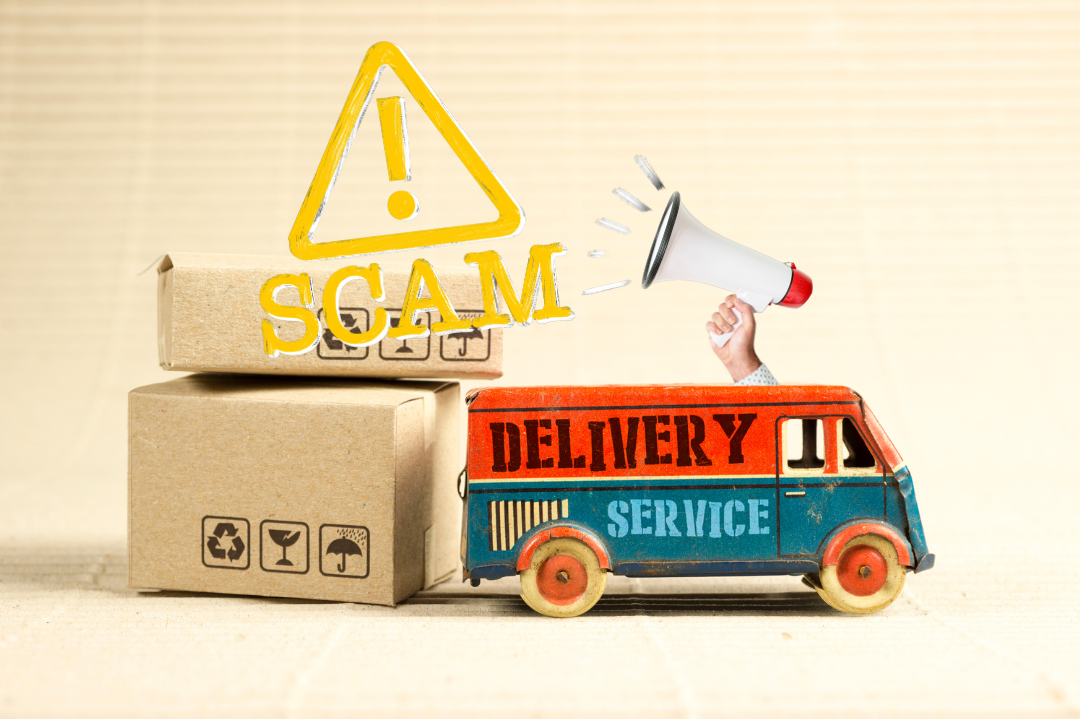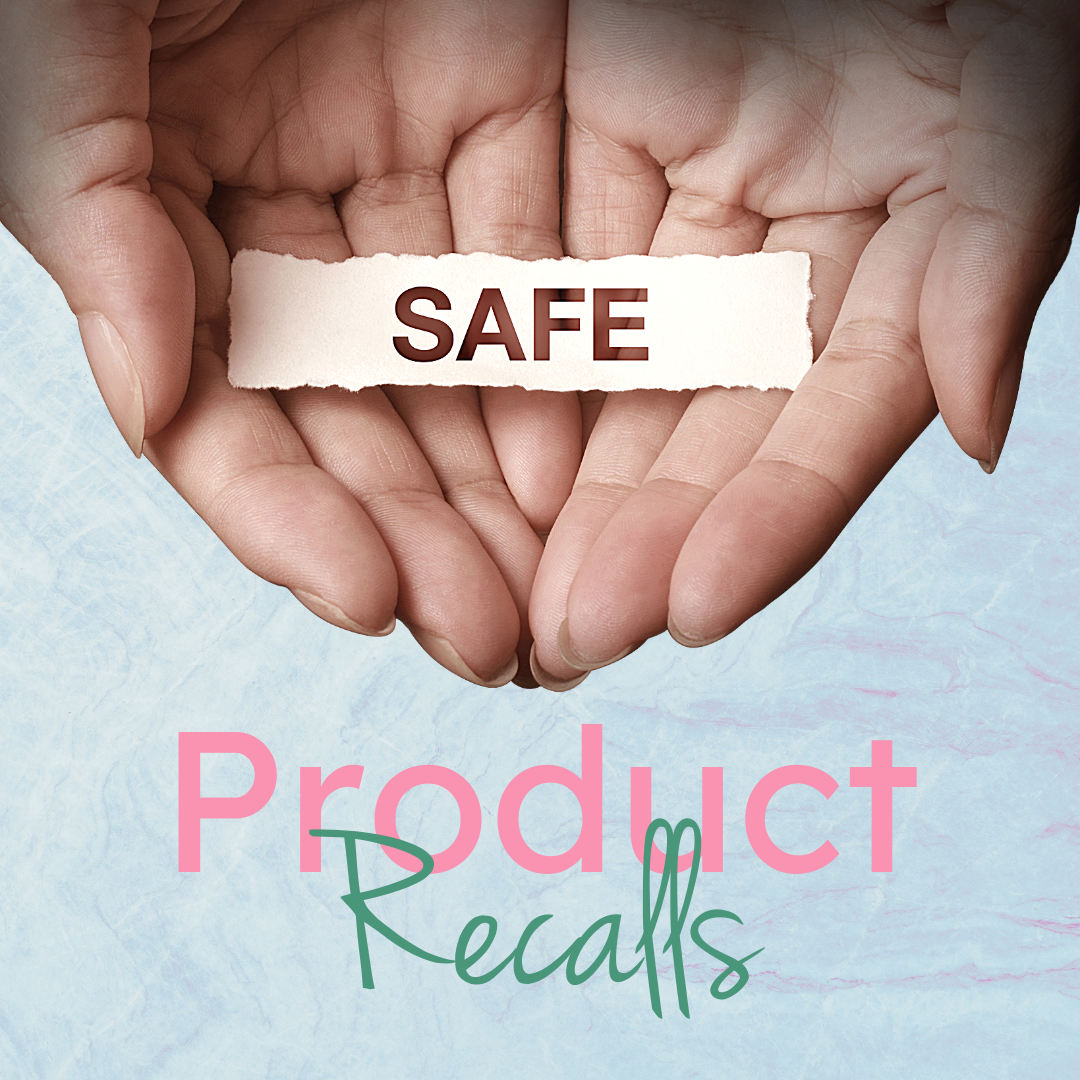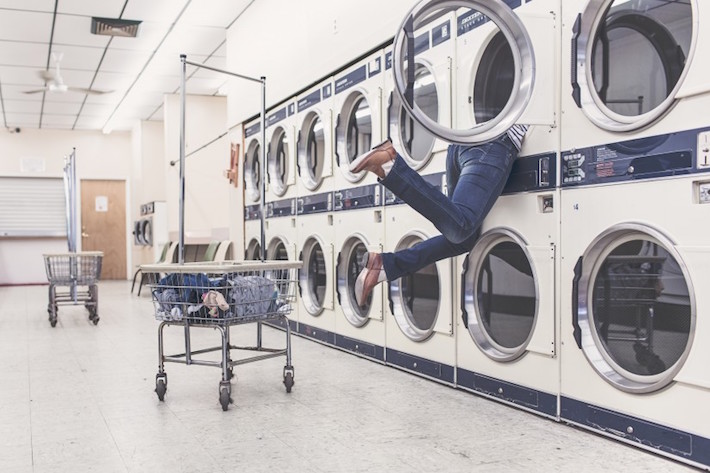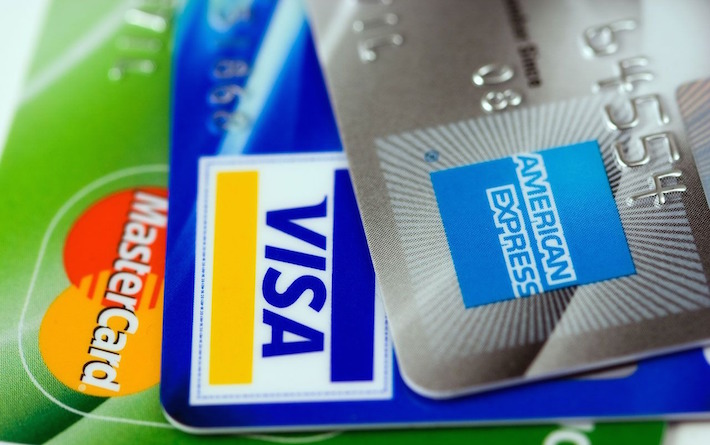Ways to decide to get or keep Private Health Insurance
COVID has made us appreciate how important it is to care for our health. At the start of the lockdown, restrictions meant we had to cancel our checkups. Now, we are making bookings for our vaccine injections. It is also that time of year when the price of Private Health Insurance increases. You are probably wondering how the latest changes will affect you and your family.
Online sales are surging, and so are delivery scams
Scammers are constantly finding ways to exploit the current trend. People are out in force buying online, and as those packages go out for delivery, people expect to receive messages from shopping websites like Amazon and delivery companies including Australia Post. This makes it the perfect time for scammers to prey on consumers who are not paying close attention.
Three top tips for safer shopping and home improvement
2020 has taught us that being safety conscious allows us to enjoy the finer things in life, like cafes, family reunions, weddings and (hopefully) travel. Home improvement projects have been extremely popular as we’ve spent more time at home than ever before. When it comes to shopping, all types of shopping, safety matters too. Each year Australia has about 650 consumer product recalls. But only about half of the affected products are returned to sellers. This amounts to about 1.7 million recalled products remaining in people's homes!
How to save on energy bills – household tips
With energy prices skyrocketing, it's no wonder ordinary Australians are feeling the pinch. The Energy and Water Ombudsman for Victoria has revealed that more people than ever are complaining they can't afford their power bills with payment difficulties having tripled in the 5 years since 2009.
Here's our top 10 ways your household can get a good deal and minimise energy bill shock.
The healthiest way to dry your clothes is old school (and we love it)
Your dryer is one of the greediest appliances in your home. Aside from your refrigerator, it guzzles electricity faster than every other appliance in your household.
With about two out of every 10 Australians unable to pay their electric bill at least once a year because they can't afford it, it's about time you said “Adios!” to the electrical dryer and opt for the healthier, cheaper option of line-drying your clothes.
Wotif gives 20 million back to its users after abandoning cruel charging practices
Easter means higher prices thanks in part to public holiday surcharges. If you're in the midst of making holiday plans, there is some good news. Wotif has dumped its $5.50 'booking fee'. It has also dropped the $16.95 charge for flights with full-service airlines and flights with low-cost carriers now attract a reduced fee of $9.95. How lucrative are these surcharges for companies? It's expected consumers could save as much as $20 million a year from these changes made by Wotif.
But surcharges have gone beyond public holidays. There’s airlines – 'fuel surcharge', room service – 'delivery charge', taxis – 'booking fee', restaurants and cafes – 'cakeage', 'corkage' and a surcharge for a 'group booking'. Even a concert ticket purchase comes complete with booking and ticketing fees. I’m sure you’ve got a few more of your favourites to add to the list!
So, what’s happened over the last decade that has seen surcharges become so prevalent in our daily lives? Is this a trend set to continue in the future?






